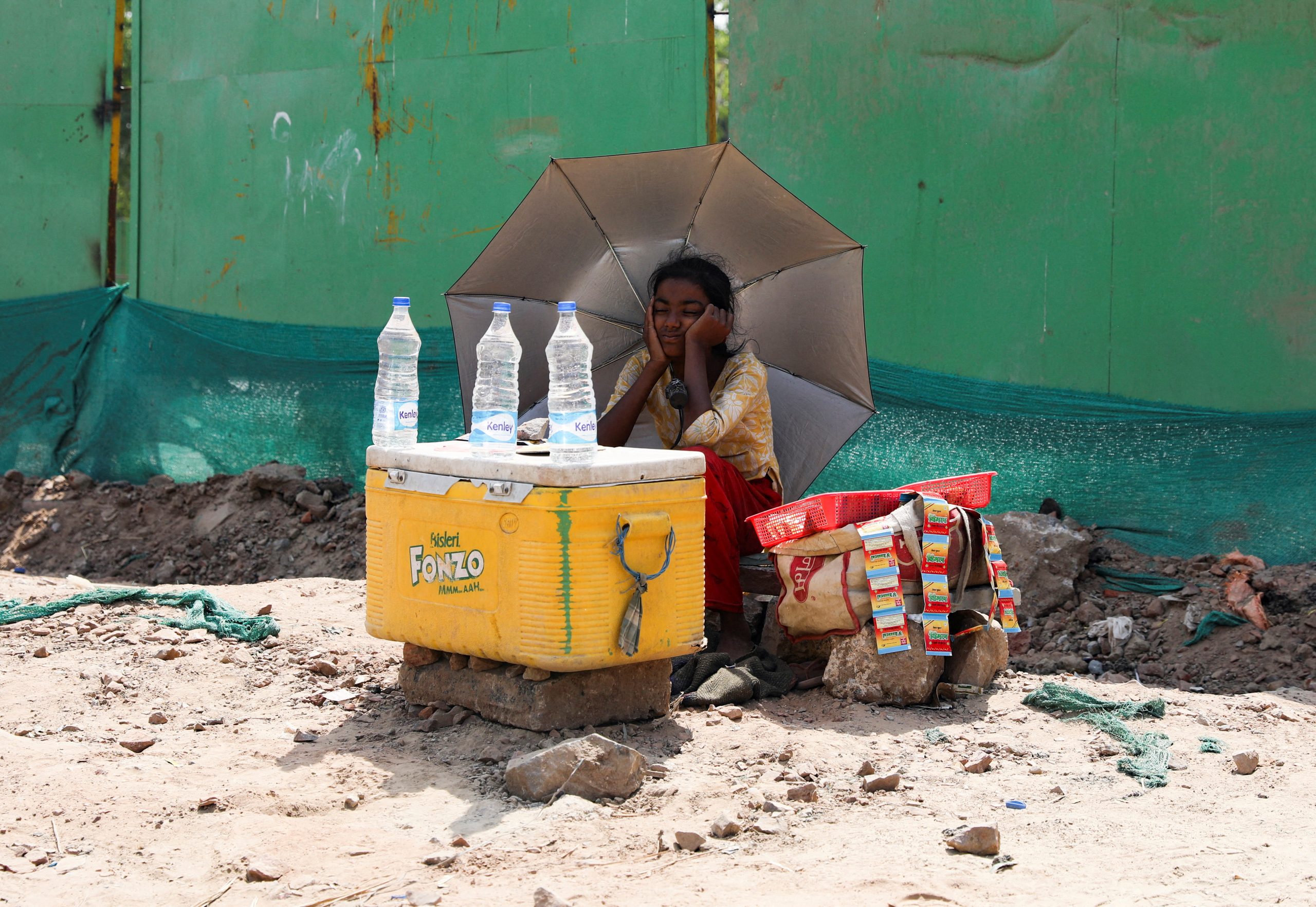Report summary: Mobilizing insurance sector capabilities to advance community-level climate risk reduction and adaptation
This report presents an early-stage framework for how insurance can facilitate climate risk reduction and adaptation. By setting a foundation for tracking, measurement, and target-setting initiatives, the report aims to engage the sector in a broader dialogue on how to scale its impact at a community level before it is too late.
The report also explores the Pioneer Projects undertaken by leading industry actors that redefine the role of insurance in promoting climate risk reduction and adaptation. These measures provide an important first step in changing how the insurance industry reduces the gap between exposure and coverage.
How the insurance sector can drive climate risk reduction and adaptation
Whether it is flooding in Pakistan, scorching heat waves in the United Kingdom, or hurricanes in Florida, vulnerable populations across the globe are being threatened by sea-level rise and extreme weather.
Insurance plays a critical role in helping society manage these climate risks. The trillions of dollars in claims each year represent the largest monetary contribution to individual, business, and community resilience after government spending. Moreover, by putting a price on a risk, insurers are sending a powerful signal about the severity and frequency of a climatic event, which can incentivize communities to adopt risk-reducing behavior.
However, the global insurance industry faces hurdles in applying their capabilities to certain types of risks. It can be difficult to forecast the severity of climate exposures, the market does not always allow for pricing of an event beyond the span of a typical twelve-month insurance policy, and individual policy-holder mitigation measures are unlikely to meaningfully lessen community-wide risks.
To meet this challenge, the UN Climate Change High-Level Champions has called on the insurance sector to find new ways to help advance community-level climate adaptation by creating systemic change within the industry. This report—initiated jointly between the UN Climate Change High-Level Champions, the UN Race to Resilience, the Adrienne Arsht-Rockefeller Foundation Resilience Center and Marsh McLennan—highlights the important strides some in the insurance industry have already taken to advance pre-event climate risk reduction and outlines steps to chart a pathway forward.






